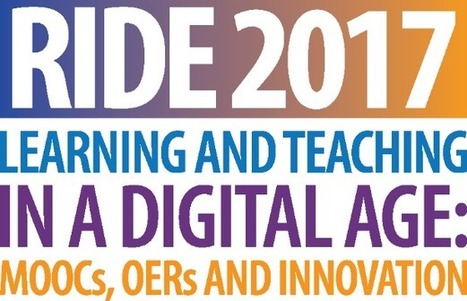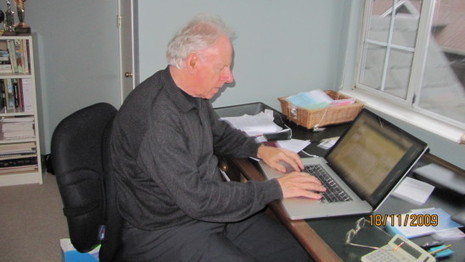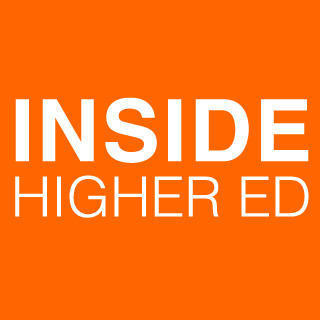The Centre for Distance Education at the University of London has held an annual conference under the ‘RIDE’ strapline almost every year since its institution in 2005. These meetings have become a popular fixture in academics’ and learning technologists’ calendars in and beyond London, and this year’s, held at Senate House on Friday March 24th, was very well received. It was ably chaired by two CDE Fellows, Stylianos Hatzipanagos of King’s College London and Alan Tait from the Open University, and the programme included speakers from as far afield as the Universities of Plymouth and Lorraine (France) as well as many home-grown London ones.
Get Started for FREE
Sign up with Facebook Sign up with X
I don't have a Facebook or a X account
 Your new post is loading... Your new post is loading...
 Your new post is loading... Your new post is loading...
diane gusa's comment,
April 16, 2014 9:35 AM
Yes! As an online learner and teacher I found the absence of best practices for online learning missing in all my Mooc participation. It would better be termed distance learning, falling back to the correspondence education of the past.

Alberto del Mazo's curator insight,
April 18, 2014 7:38 AM
vía [url=/u/174100 x-already-notified=1]Jordi Adell[/url] leo este último artículo del canadiense Tony Bates, especialista en "online learning". 
Halina Ostańkowicz-Bazan's curator insight,
April 22, 2014 7:17 AM
Lastly, I am concerned that the computer scientists seem to be taking over online education. Ivy League MOOCs are being driven mainly by computer scientists, not educators. Politicians are looking to computer science to automate learning in order to save money. Computer scientists have much to offer, but they need more humility and a greater willingness to work with other professionals, such as psychologists and teachers, who understand better how learning operates. This is a battle that has always existed in educational technology, but it’s one I fear the educators are losing. The result could be disastrous, but that’s a theme for a whole set of blog posts. |
|















